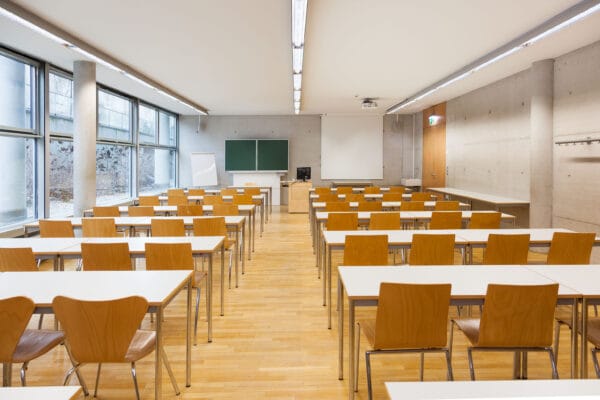
NAME:
SOWI - UR 3
BUILDING:
SOWI
FLOOR:
-1
TYPE:
Seminar Room
CAPACITY:
70
ACCESS:
Only Participants
EQUIPMENT:
Beamer, PC, WLAN (Eduroam), Overhead, Flipchart, Blackboard, Handicapped Accessible, LAN
Tourism represents a key driver of change in mountain areas, offering opportunities for economic development and cultural enhancement while posing significant challenges to environmental and social sustainability. The REGENERATE project aims to promote a regenerative approach to tourism, placing nature, local communities, and cultural heritage at the center, learning from nature itself to create conditions for ecosystems and communities to self-regenerate and thrive. This approach represents a radical paradigm shift that moves beyond the logic of “doing less harm” to embrace holistic impact and regeneration.
The pilot areas involved – Alta Badia, Tarvisiano, Dolomiti Bellunesi in Italy and Nassfeld-Pressegger See, Lesachtal und Weissensee in Austria – are embarking on a path that, starting from the analysis of the environmental, socio-economic, and cultural impact of existing tourism policies, attempts to experiment with new tourism models. The achievement of GSTC certification by many of these destinations demonstrates a commitment to continuous improvement, but the REGENERATE project pushes further effort, encouraging a tourism system viewed not as an industry, but as a complex and dynamic ecosystem.
The involvement of local communities, particularly young people, represents a key phase of the project. Through capacity building and co-creation processes, REGENERATE fosters innovative, place-based ideas that respond to the specific needs of each territory. Through the adoption of a social innovation approach, the project aims at reinforcing local communities’ sense of ownership of their natural and cultural heritage. In doing so, heritage evolves as a living part of the destination ecosystem. Projects such as the mining heritage trail in Arabba & Colle Santa Lucia, cultural initiatives in green areas in Alta Badia, spaces for young people and tourists to meet in Tarvisio, and creative solutions regarding waste management in Austria embody the vision of tourism supporting the territory, generating lasting economic, social, and cultural value.
At the September conference, REGENERATE will present: the initial results of this journey, emerging ideas from local communities and lessons learned, contributing to the global discussion on how tourism can become a driver of regeneration and well-being for mountain areas, inspiring the transition toward new development paths in regions characterised by diverse exploitation lately.
